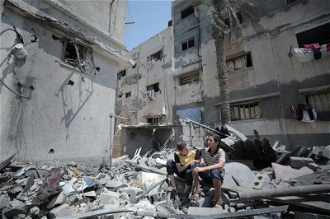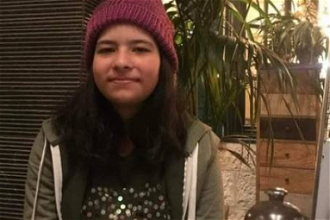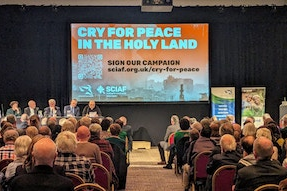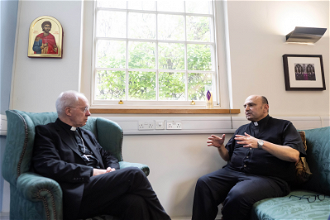Children of Gaza: A lost generation

Photo by Mohammed Ibrahim on Unsplash
Source: The Jesuit Institute South Africa
"Gaza, is the most dangerous place in the world for children," said Tess Ingram of UNICEF in an interview with eNCA on 22 December 2023.
According to UNICEF statistics, 40% of the deaths recorded in Gaza are children. As of 11 January, more than 10,000 children were confirmed dead. Many more are missing under the rubble.
"About 160 children are killed every day; that's one every 10 minutes," said UN World Health Organization (WHO) spokesperson Christian Lindmeier.
"If youngsters continue to have restricted access to water and sanitation in Gaza, we will see a tragic yet entirely avoidable surge in the number of children dying," UNICEF spokesperson James Elder told journalists. "In all wars, it is children who suffer first and suffer most."
UNICEF is calling for "an immediate and long-lasting ceasefire" to get aid into Gaza. Aid in the simple form of food, water, soap, and first-aid supplies to more complex items like generators, medical equipment and construction equipment.
This, along with the complications and implications of disease due to no or poor sanitation, and access to food, water and adequate health care, make the situation dire. There are over 100,000 cases of diarrhoea (with over half of these among children under age five), 160,000 cases of acute respiratory infections and other diseases like chickenpox, lice, scabies, skin rashes and jaundice. "There is a desperate need for health attention for the children of Gaza at the moment", according to Tess Ingram. There is also a real risk of famine as no nutritious food is available in Gaza. Tess Ingram continued, saying, "There are 180 babies being born into this war every day." I can only imagine the struggle of those and other mothers to nourish themselves and their newborns.
The war and conflict are significantly traumatising and affecting the mental health of these children, too. They are experiencing fear and trauma repeatedly, day after day. There is displacement, injury, death, and all the other challenges we have already mentioned.
Inclement weather for those whose homes have been destroyed and are now living on the streets is not helping. They are cold and hungry. The lightning strikes and thunder sounds are terrifying, raising fear of airstrikes. The long-term impact of this war on mental health will only be established if and when this war ends.
The children in Gaza are also facing the loss of education and learning. Students, teachers, (at least 183) and other school staff have been killed. At least 300 schools have been damaged. No child or student in Gaza has had any access to education since the start of this conflict on 7 October 2023. So, there is a tremendous impact on schooling and education as well. UNICEF is trying to assess the current situation and how best to rebuild schools and provide educational facilities. They are providing mental health support and recreational activities for these children to help them find a bit of fun and distract them from the atrocities that they are facing, even if only temporarily.
Children in Israel have lost their lives, too. But, when you compare the reported 33 children killed in the October 7 attack on Israel with the thousands of children that have been killed in Gaza since then, it seems fair that our focus remains on the children of Palestine. UN Secretary-General Antonio Guterres on November 6 said that "Gaza is becoming a graveyard for children."
The fact that the children of Gaza are being cut off from essential services, held hostage and being harmed and killed is an atrocity. UNICEF says, "The cost to children and their communities of this violence will be borne out for generations to come."
At the end of their bi-annual plenary this past week, the Catholic Bishops of Southern Africa called for a total cessation of hostilities and a just settlement in the Holy Land.
We, too, call for an immediate and long-term ceasefire, an end to this horrendous war.
Follow The Jesuit Institute on Twitter @JesuitInstitute





















